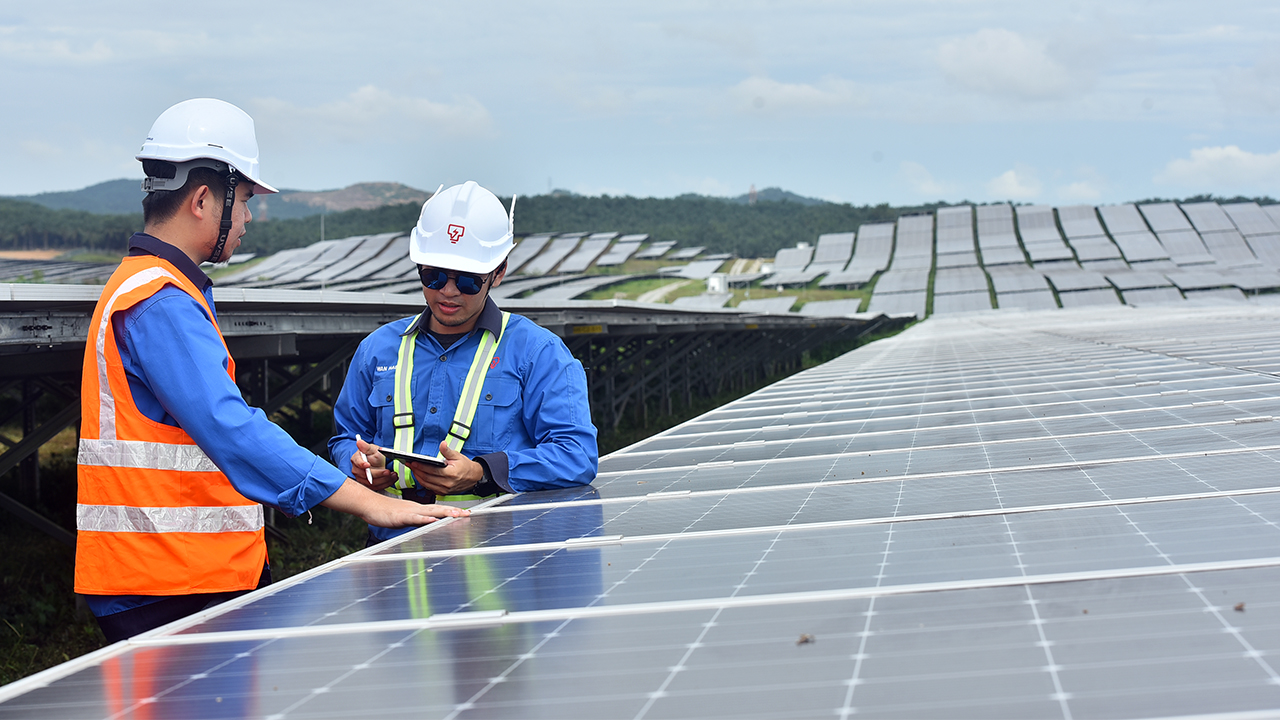On August 29, 2023, the Prime Minister of Malaysia unveiled the National Energy Transition Roadmap (NETR), a detailed plan aimed at transforming the country’s energy infrastructure. As Malaysia responds to the global demand for cleaner energy, the NETR is designed to accelerate the transition through a framework known as Responsible Transition. A critical component of this initiative is the Centralised Solar Park (CSP), a key project within the Renewable Energy lever that aims to increase the country's solar energy capacity significantly.
The CSP project, with a planned capacity of 500MWac, will involve the development of five ground-mounted solar power facilities across Peninsular Malaysia. Each of these sites will house a 100MW capacity solar plant designed to contribute to a more sustainable energy supply in Malaysia. The project is expected to deliver measurable environmental benefits by reducing carbon dioxide emissions by 95,000 tons annually for 25 years, equivalent to removing approximately 21,000 cars from the roads each year.
Our Role in the Centralised Solar Park Initiative

TNB Renewables Sdn. Bhd. (TRe), a wholly-owned Tenaga Nasional Berhad (TNB) subsidiary has been appointed Master Developer for the CSP initiative. This appointment places us at the helm of the project, responsible for managing all aspects, from site selection to financing, and ensuring that the necessary equipment is procured efficiently. Our role is crucial in coordinating with State Related Entities (SREs) to finalise land and wayleave agreements, which are vital for the smooth execution of the project. Additionally, we are tasked with centralising the procurement of major components, a strategy aimed at reducing costs and ensuring that the project remains financially viable.
The CSP project is designed to foster participation from various stakeholders, including SREs, Small and Medium-sized Enterprises (SMEs), and cooperatives. TRe will hold a minimum of 51% stake in the Special Purpose Vehicle (SPV) set up for the project, with State Related Entities (SREs), SMEs and cooperatives to take the remaining shares. This inclusive structure is intended to ensure that local industries, particularly SMEs, gain valuable experience and opportunities within the solar energy sector.
The development of the CSP has been divided into specific packages to streamline the process. The first package covers site clearance, earthwork, fencing, road construction, and drainage. The second package focuses on the installation of the solar photovoltaic (PV) plant, including major equipment and cabling works. Meanwhile, the third package is for the construction of the control building, perimeter lighting, and CCTV systems, essential for the security and management of the facilities. Lastly, the fourth package will cover the interconnection facility and solar power plant work at the main intake substation (PMU) side.
Beyond its environmental impact, the CSP project is expected to stimulate economic growth by attracting Foreign Direct Investments (FDIs) and creating jobs. The project’s output of green energy will make Malaysia a more attractive destination for investors seeking sustainable energy options. The involvement of local companies, particularly SMEs, in the renewable energy sector is also expected to strengthen the industry and ensure that the project's economic benefits are broadly distributed across the community.